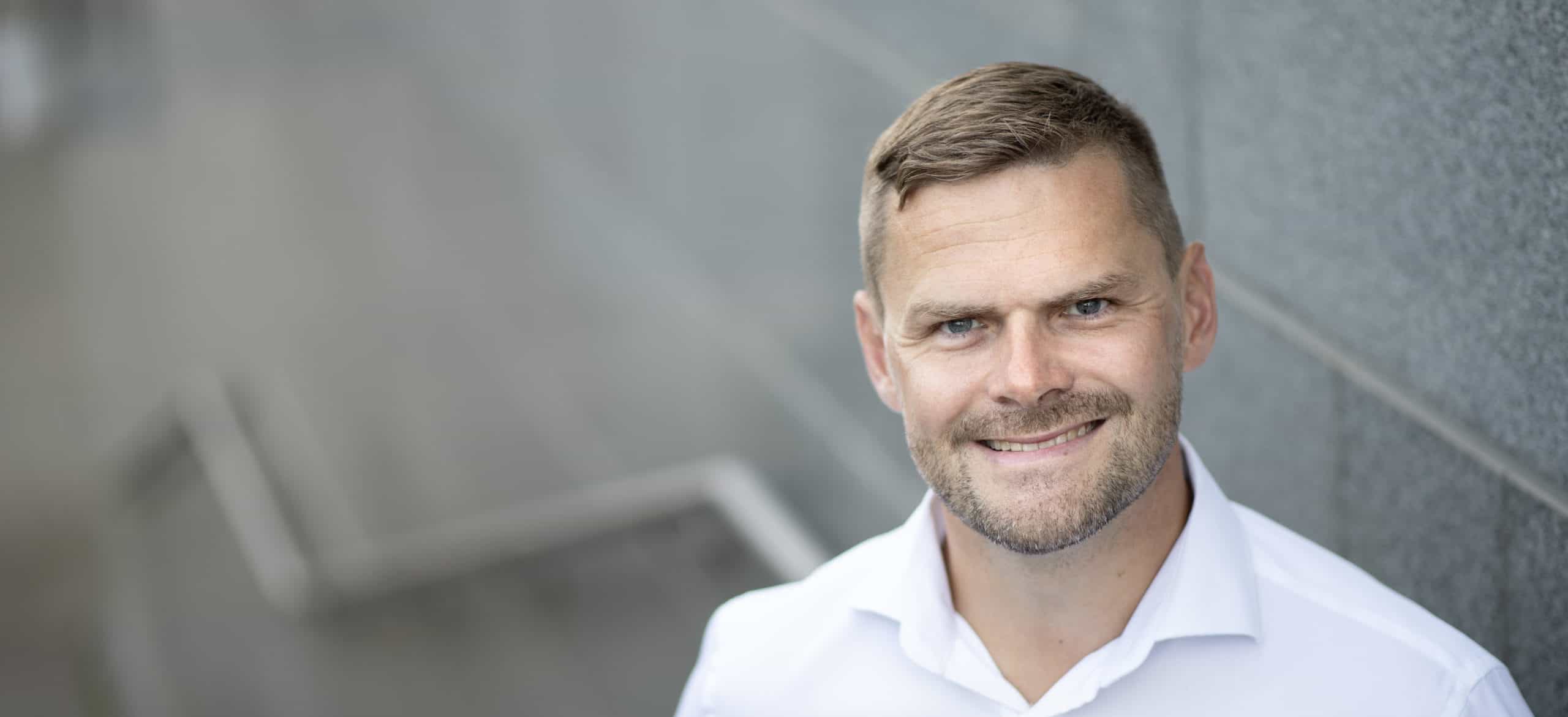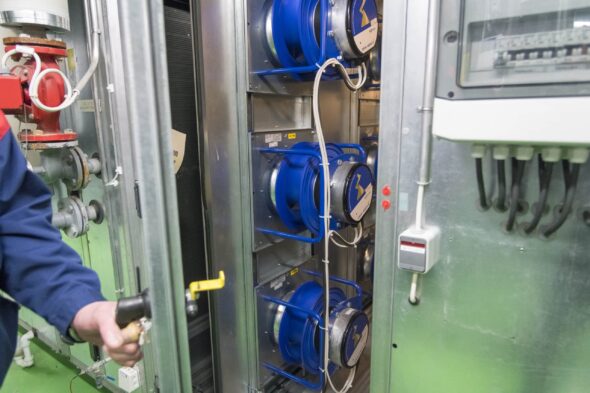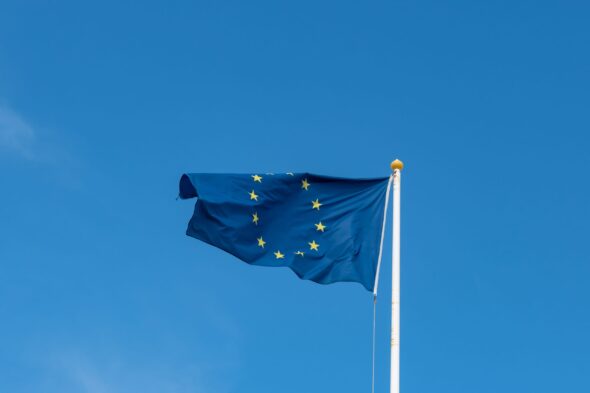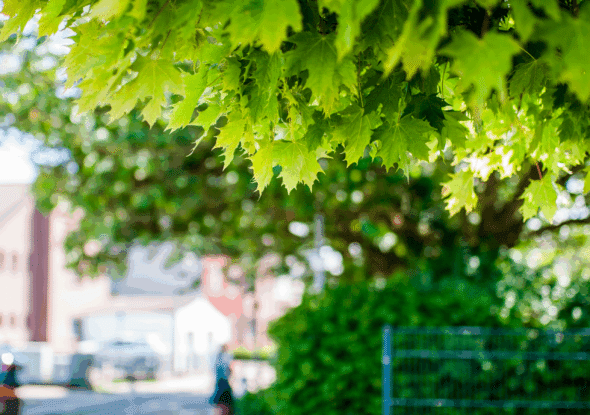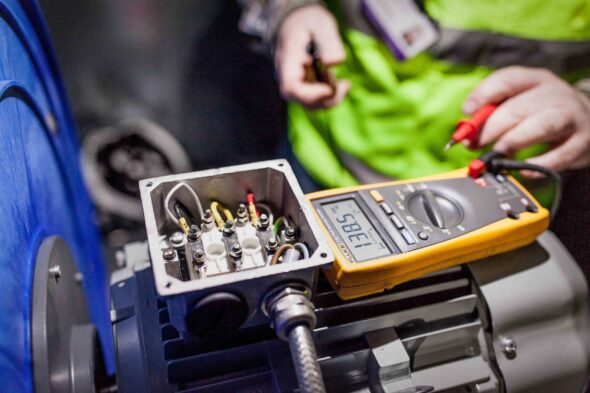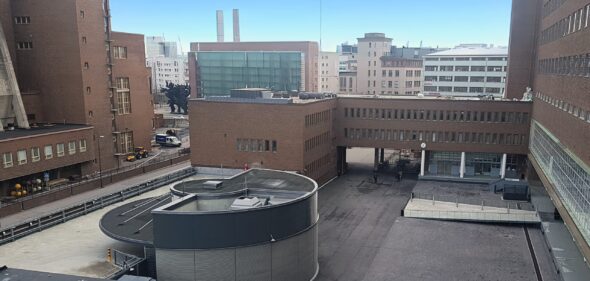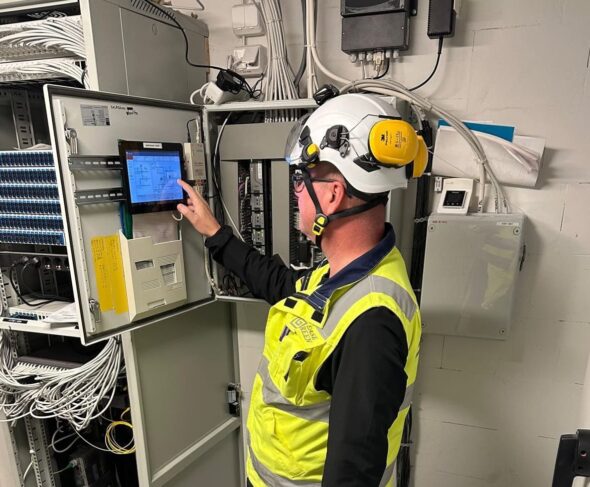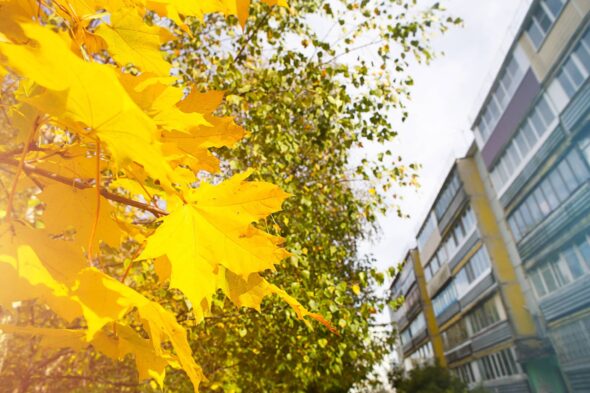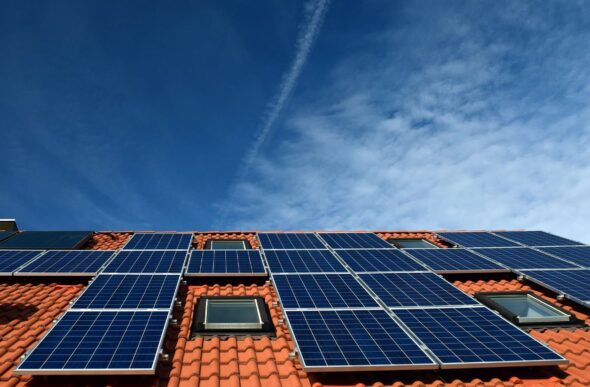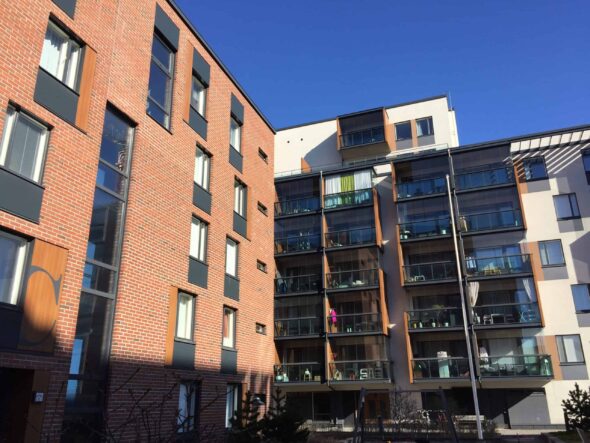There is a lot of interesting stuff underneath the corona news. For example: how can people living in detached houses save 10% on their electricity bills in winter? A recent study of Porvoo Energia’s electricity customers found out.
First, energy tips were sent to people in Porvoo by email, but it didn’t work. Savings were only made when people were shown that they were using more electricity than the average Finnish home. Peer information worked wonders. By the same logic, solar panels are spreading to detached houses – they look great to the neighbours.
The study was the first in Finland to investigate the impact of nudging in energy advice. Nudging means making something useful so easy that you can’t resist it. We get nudged when a salad is at the front of the menu or a staircase looks more attractive than an elevator.
The main insight of the Porvoo study was that information guidance can be very effective – when combined with peer knowledge. In other words, it works. It’s cheap and apparently very effective, and there was no need for taxes or new regulation.
In California, record high winds and power generation problems caused electricity shortages in the autumn. On the hottest days, the resilience of the power grid was stretched to the limit, especially during the evening peak. The grid operator ran a campaign asking Californians to reduce their electricity use in the evenings: do your laundry and charge your car during the day, keep your air conditioning above 25 degrees and avoid all unnecessary consumption.
As a result of the campaign, the top of the consumption curve was lowered by five gigawatts. That’s an unimaginably large saving, about half of Finland’s electricity consumption at the beginning of December. Pretty well with somersaults!
The examples of Porvoo and California show that there is a lot of loose consumption. It’s easy to nip it in the bud when you find the right angle of attack. The climate will thank you, as will the public purse and the taxpayer’s wallet.
Saving energy, i.e. eliminating unnecessary consumption, is always smart. But much more can be achieved by improving energy efficiency – that is, by doing things that permanently reduce the amount of energy needed. So in addition to pushing and communicating, it’s worth adding technology to the mix. Automation is one overwhelming tool. Wherever possible, automation is the way to go.
For example, a geothermal heat pump can be taught to follow weather forecasts. When the forecast shows that the weather will get colder in the next few hours, the system increases the output – a little in advance, so that the floor has time to warm up. When the forecast is for warmer weather, the pump will proactively switch off.
The optimum amount of electricity is used, no more. Everything happens easily and automatically. At the same time, living is more comfortable because the indoor temperature is always exactly right. Heating buildings consumes around 25% of all energy in Finland, so it’s not a bargain.
According to the IEA, energy efficiency has reduced global energy demand by around a fifth between 2000 and 2018. That’s a staggering achievement. If the same amount of energy had been produced in power plants, it would have resulted in huge climate emissions and costs.
There is still room for improvement, a lot of it. The fossil fuel economy has lulled us into believing that cheap energy will last indefinitely. This sleeping pill is still working. Now is the time to wake up if we want to keep our planet viable.
Fortunately, the amount of renewable electricity is growing fast, and the price has come down. Green electricity should not be wasted either: the manufacture of solar panels and wind turbines also produces emissions, although these are not usually counted.
The great clean-up of the global energy system is well underway. Energy technology is advancing faster than expected and consumption is rapidly becoming more efficient. The Nordic countries are leading the way. To quote the statistician Hans Rosling: the facts are often better than we think.
The author Thomas Luther is the CEO of LeaseGreen. LeaseGreen is an enabler of energy efficiency in large properties and a driver of climate action. Lower costs, cleaner returns. Together with its customers, LeaseGreen is making the most impactful climate action in Finland – one property at a time.
